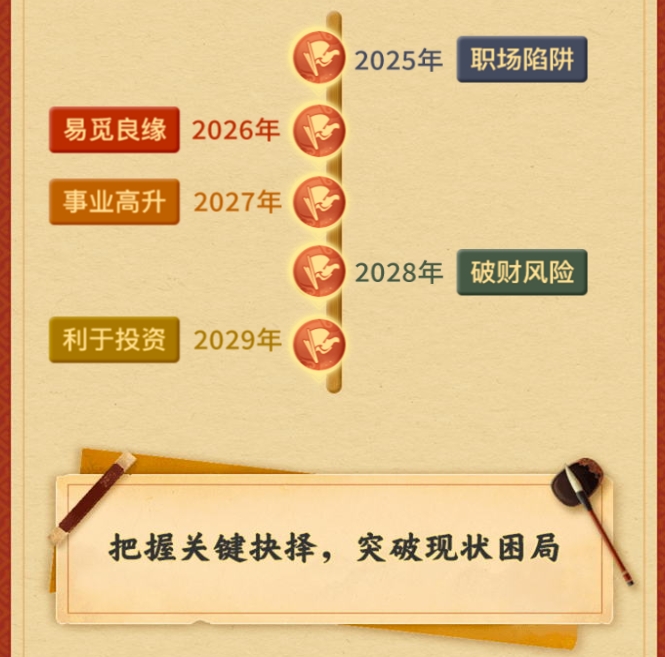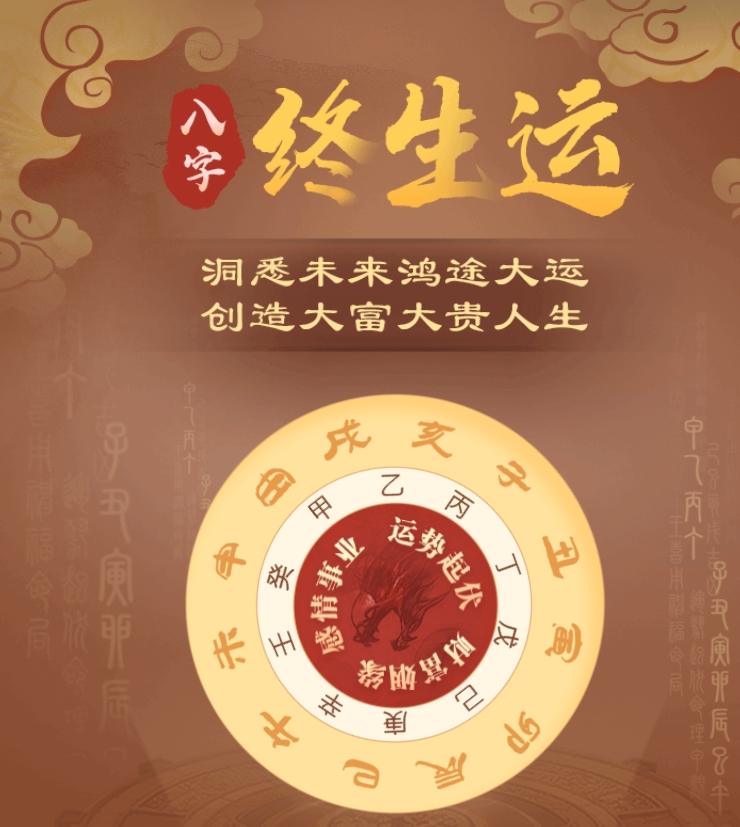When Is Chinese New Year 2025 in English Calendar?
Hey there! Ever found yourself scratching your head trying to figure out when exactly Chinese New Year falls on the English calendar? You're not alone. This whole lunar calendar thing can be super confusing when you're used to the regular January-December system. Let's break it down real slow so even complete beginners can understand.
First things first Chinese New Year isn't like Christmas that always comes on December 25th. Nope, it dances around between late January and mid-February. Why? Because it follows the moon cycles instead of the sun. The traditional Chinese calendar is lunisolar, meaning it tracks both the moon phases and the sun's position.
Now for 2025 specifically mark your calendars! Chinese New Year 2025 begins on January 29th. That's when all the fireworks will go off and red envelopes start getting handed out. But wait, the celebrations actually last way longer than just one day. Traditionally it's a 15-day festival, though these days most people get about a week off work.
Here's something that trips up a lot of newcomers the date you see (January 29) is just the start. The whole Spring Festival period includes:
You might be wondering why this matters if you're not Chinese. Well, in many countries with Chinese communities, this holiday causes major schedule changes. Schools might close, businesses operate differently, and public transport gets crazy busy as millions travel home. Even if you don't celebrate, knowing the dates helps avoid surprises.
Let's talk about how the date gets determined each year. It's based on the second new moon after the winter solstice. Sounds complicated? Basically astronomers calculate when the moon will be completely dark between January 21 and February 20. That becomes New Year's Day. The exact calculations involve some serious math that's been refined over 3,000 years!

Here's a cool fact while we call it Chinese New Year, many other Asian cultures celebrate it too under different names. Vietnam has Tết, Korea has Seollal, and Mongolia has Tsagaan Sar. The dates are usually the same or very close because they're all based on similar lunar calendar systems.
Now for some practical stuff about 2025's celebration. Since January 29 falls on a Wednesday, expect travel chaos starting the weekend before as migrant workers head home. Most companies in China will give holidays from January 28 to February 3, with some generous ones extending through February 7. If you're doing business with China, plan around this downtime.
What about zodiac signs? Each Chinese New Year is associated with an animal from the 12-year cycle. 2025 is the Year of the Snake. People born in snake years are said to be wise, intuitive, and a bit mysterious. The last snake year was 2013, and the next after 2025 will be 2037.
Ever noticed how Chinese New Year decorations stay up for weeks? There's actually proper timing for when to put them up and take them down. Tradition says decorations should go up on Little Year (January 18, 2025) and come down after the Lantern Festival. Taking them down earlier is considered bad luck like Christmas decorations coming down before New Year's!
Food plays a huge role in the celebrations. Certain dishes are must-haves because their names sound like prosperity phrases in Chinese. For example, fish ("yu") sounds like "surplus," so it represents abundance. Dumplings shaped like ancient money symbolize wealth. Every region has its own specialties, but the underlying theme is always good fortune.

Red envelopes (hongbao) are probably the most famous tradition. These little red packets contain money given to kids and unmarried adults. In 2025, digital red packets through apps like WeChat will likely be even more popular than physical ones. The amounts usually contain lucky numbers, especially those with 8 (sounds like "prosper") and avoiding 4 (sounds like "death").
Travel during this period is insane it's called the world's largest annual human migration for good reason. In 2025, expect over 3 billion passenger trips in China alone during the 40-day travel period around the holiday. Trains sell out within minutes, highways jam up, and airports overflow. If you need to be anywhere in Asia during this time, book way in advance!
Now let's answer the big question some of you might have why does the date change every year? Remember how we said it follows the moon? Well, the lunar calendar has about 354 days, while the solar year has 365. To keep seasons aligned, extra months are added every few years (called intercalary months). This makes the New Year date "float" within that January-February window.
Here's a quick comparison to help visualize how the date moves around:

Some people get confused between Chinese New Year and Lunar New Year. Basically, Chinese New Year is a specific Lunar New Year celebration. While the astronomical event is the same across cultures, each has unique traditions. Chinese celebrations emphasize family reunions, ancestor worship, and driving away evil spirits with loud noises.
If you're planning to celebrate in 2025, here are three key dates to remember: Spring Festival travel rush starts January 17, New Year's Eve is January 28, and Lantern Festival falls on February 12. The period from January 29 to February 2 will be the most intense celebration days with most businesses closed.
One last thing don't stress if you can't remember all these details. Even Chinese people need to check the exact dates each year because of the shifting calendar. The important part is understanding that January 29, 2025 kicks off two weeks of vibrant traditions, delicious food, and family bonding that's been happening for millennia.
Personally, I think the moving dates make Chinese New Year more special. Unlike fixed holidays that can feel routine, having to look up when it falls each year keeps the anticipation fresh. And in 2025's case, getting a late January celebration means we can enjoy winter festivities twice - once for Western New Year, then again for Spring Festival!